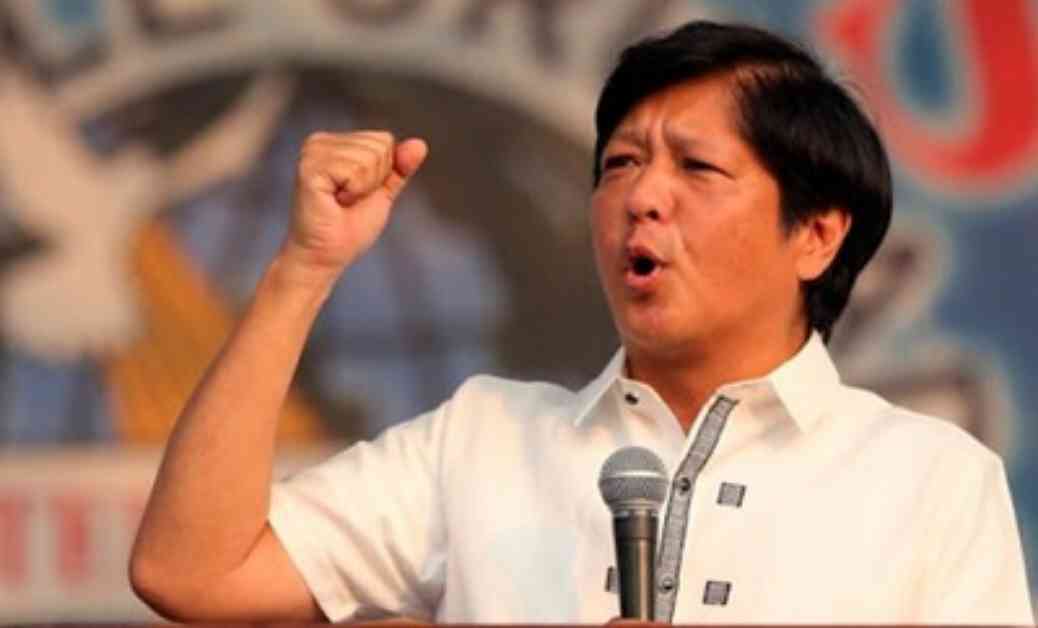President Ferdinand Marcos Jr. made a significant announcement on July 22, declaring a ban on the Philippine Offshore Gaming Operations (POGOs) due to the industry’s involvement in various illicit activities. The ban is set to be enforced by the end of the year, bringing an end to the controversial industry that has been marred by reports of criminal behavior since its establishment in 2016 under former president Rodrigo Duterte.
In a related development, LET Group Holdings is considering selling its Tigre de Cristal casino resort located in Russia’s Primorye region near Vladivostok. The potential sale comes amidst concerns from shareholders about the uncertainties and risks associated with operating the casino, especially in light of geopolitical tensions surrounding Russia’s war on Ukraine.
Crown Resorts also made headlines with several leadership appointments, including David Tsai as group president and COO, Stanford Le as CEO of Crown Sydney, Gemma Allman as chief government relations officer, Nicole Pelchen as chief technology officer, and Louise Tebbutt as chief people and culture officer. These appointments come as the company faces operational challenges following the decline in VIP travel from China.
Meanwhile, Macau is gearing up to promote tourism through global media outlets and social media platforms to attract international travelers. The Macau Government Tourism Office plans to collaborate with major international media organizations such as the BBC and CNN to showcase Macau as a premier destination for tourists from Northeast and Southeast Asia and Europe.
In Cambodia, Prime Minister Hun Manet has imposed a ban on new casinos in the Kep and Kampot provinces to maintain security and order in the region. This move aims to foster a diverse business environment while preserving the existing 184 licensed gaming halls in the country, including the iconic NagaWorld complex in Phnom Penh.
Furthermore, Macau authorities have indicted 59 individuals allegedly involved in an illegal online sports betting ring, highlighting the ongoing efforts to crack down on illicit gambling activities in the region. The operation, which generated substantial profits during the recent UEFA Euro 2024 tournament, underscores the challenges posed by illegal online gambling in jurisdictions where it is prohibited.
On a positive note, a report from Hong Leong Investment Bank (HLIB) suggests that the gaming sectors in Singapore and Malaysia are poised for a strong second half of the year due to an expected increase in visitor volumes. Malaysia and Singapore have set ambitious targets for international tourist arrivals, signaling a potential recovery in the gaming industry driven by improved travel conditions and partnerships with key markets like China.
Overall, the gaming industry in Asia is undergoing significant changes and developments, from regulatory bans and leadership transitions to promotional efforts and legal crackdowns on illicit activities. These dynamics shape the future landscape of the gaming sector in the region, reflecting both challenges and opportunities for industry stakeholders and enthusiasts alike.



